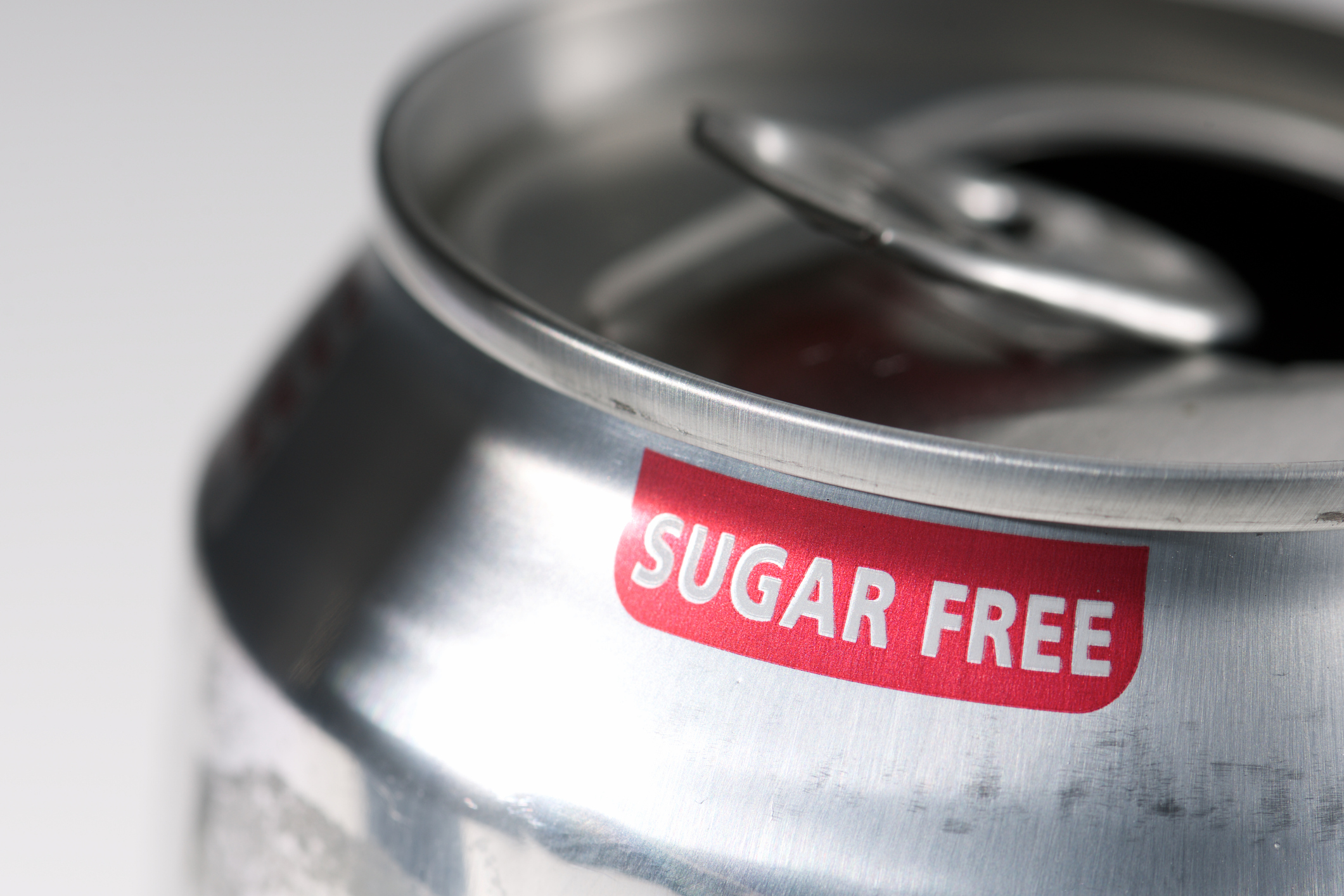Get Easy Health Digest™ in your inbox and don’t miss a thing when you subscribe today. Plus, get the free bonus report, Mother Nature’s Tips, Tricks and Remedies for Cholesterol, Blood Pressure & Blood Sugar as my way of saying welcome to the community!
When low-calorie sweeteners backfire: Increasing cravings & weight

If you’re trying to lose weight, it might seem reasonable to think that using artificial sweeteners to reduce your calories might be preferable to eating foods with sugar.
Not so fast.
You’ll want to think twice before putting artificial anything into your body. Those fake sweetener packets you see on restaurant tables have been linked to poor gut health that contributes to heart disease, autoimmune disorders and colon cancer — among other things.
Now, believe it or not, research is finding that a popular artificial sweetener actually increases your craving for sweets!
Low-calorie sweeteners disrupt brain signals linked to hunger
According to a study from the University of California, controlling your weight isn’t as simple as reducing calories by substituting artificial sweeteners for sugar.
They’ve found that sucralose (known commercially as Splenda®) increases activity in the hypothalamus, the brain region that regulates appetite and body weight.
The study builds on existing research that linked calorie-free sweeteners and obesity, but didn’t tease out how these substances affected hunger.
The UC study provides that missing link…
Dr. Kathleen Page is the study’s corresponding author and the director of USC’s Diabetes and Obesity Research Institute.
“If your body is expecting a calorie because of the sweetness, but doesn’t get the calorie it’s expecting, that could change the way the brain is primed to crave those substances over time,” she says.
Compared to drinking sugar, drinking sucralose increased brain activity in the hypothalamus of study participants and increased feelings of hunger.
These effects were strongest in people with obesity.
This means that when obese people use this sweetener in lieu of sugar in an effort to cut calories and lose weight, they are actually stimulating their brains to make them hungrier.
In addition, MRI scans showed that consuming sucralose increased connectivity between the hypothalamus and the anterior cingulate cortex, which plays a role in decision-making.
That means sucralose could have a negative impact on cravings and eating behavior.
Losing weight without artificial sweeteners
It’s clear that artificial sweeteners are not your friend if you’re trying to lose weight.
So, how can you start cutting sucralose out of your life? Start by ditching diet sodas.
About 40% of Americans regularly consume sugar substitutes, mostly in diet sodas, followed by other low-calorie drinks, including flavored water and teas.
Of course, you’ll find it in low-calorie foods made to appeal to dieters, such as foods and snacks labeled “sugar-free,” including breads, cereals, grain products, bars, condiments, yogurt and other dairy products.
It’s hard to kick the diet soda habit, but knowing they are working against you may make it easier. But don’t swap them for regular sodas that typically contain at least 10 teaspoons of sugar. Instead, try filtered water with fruit added, especially citrus, to give it a naturally tasty but mild flavor.
Next, stop reaching for diet foods made with artificial sweeteners and switch to a whole-food diet. Once you’ve made that change, you should consider leaning towards a diet that primarily includes plants to experience real and lasting weight loss.
In a study a colleague wrote about, one group of people eating a plant-based diet lost an average of 14 pounds in 16 weeks. They found that plant-based meals increased their metabolic rate, causing them to burn an extra 18.7% in calories after finishing. The group also experienced significant drops in overall fat and a substantial drop in visceral fat levels (the fat surrounding the organs).
Editor’s note: Are you feeling unusually tired? You may think this is normal aging, but the problem could be your master hormone. When it’s not working, your risk of age-related diseases skyrockets. To reset what many call “the trigger for all disease” and live better, longer, click here to discover The Insulin Factor: How to Repair Your Body’s Master Controller and Conquer Chronic Disease!
Sources:
Calorie-free sweeteners can disrupt the brain’s appetite signals — Eureka Alert
Non-caloric sweetener effects on brain appetite regulation in individuals across varying body weights — Nature Metabolism
A Mediterranean Diet and Low-Fat Vegan Diet to Improve Body Weight and Cardiometabolic Risk Factors: A Randomized, Cross-over Trial — Journal of the American Nutrition Association














